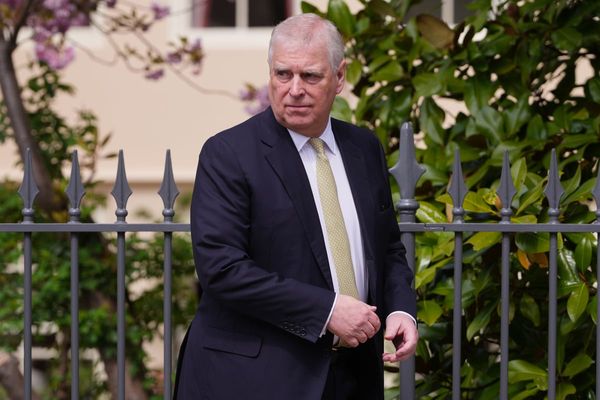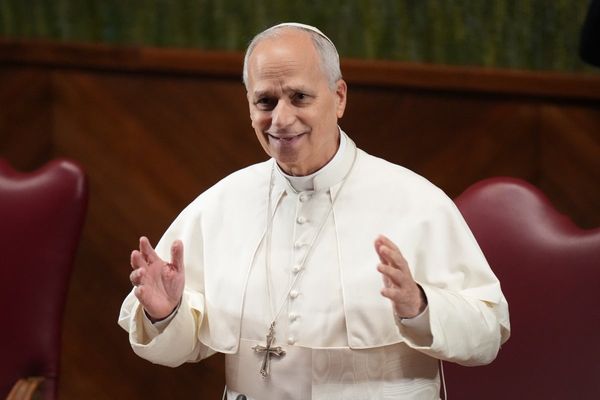
With months of escalation between US cities and the Trump administration amid the deployment of national guard troops, former military officials released a report on Monday about the risks of politicizing the nation’s armed forces.
The report warns that increasing domestic military deployments, such as using national guard troops for immigration enforcement in the US, and removing senior military officers and legal advisers have made the armed forces appear to serve partisan agendas.
“The use of troops, bases, and ceremonies in partisan settings has blurred the line between military service and political messaging, eroding morale and public trust in the military’s apolitical character,” the report reads.
The report, The Perils of Politicizing the US Military, was authored by six former service secretaries and retired four-star admirals and generals, including former army secretary Louis Caldera, former air force secretary Deborah Lee James, former navy secretary Sean O’Keefe, retired navy admiral Steve Abbot, retired coast guard admiral Thad Allen, and retired army general George Casey.
The white paper comes as the Trump administration continues to battle the courts over deploying the national guard in Portland. In Washington DC, where the president has more control over the guard than in states, troops were ordered to remain there through at least February.
After sending troops to the nation’s capital, Trump sent others to Chicago and threatened to send more to other Democratic-run cities such as San Francisco and New York.
Meanwhile, months of upheaval at the defense department have been a hallmark of Pete Hegseth’s tenure. Last month, Hegseth, the US defense secretary, abruptly fired the navy chief of staff. In May, he ordered the military to cut 20% of its four-star generals and admirals, while Hegseth and Trump have fired more than half a dozen top generals since January.
The Trump administration has also fired the only two women serving as four-star officers. In February, Hegseth also fired air force general CQ Brown Jr, the chair of the joint chiefs of staff and the second Black man to serve in that role.
Monday’s report warns about the consequences of such efforts, most acutely the “erosion of the armed forces’ apolitical character”.
“When service members, senior leaders, or military symbols are perceived as aligned with political agendas, the public begins to see the institution as partisan rather than national – and once eroded, that trust is difficult to rebuild,” reads the report. “This loss of trust makes it harder to recruit across the political spectrum, harder to retain talent, and harder to reassure allies and deter adversaries abroad.”
Jack Reed, the top Democrat on the Senate armed services committee, urged members of Congress last month to put a halt to Trump’s efforts to deploy national guard troops in US cities without the consent of local leaders, as well as to consider the implications such actions will have for trust in the military.
“Congress has the Constitutional authority and moral obligation to stop this,” Reed said in a statement. “We are not powerless. We control the purse. We have oversight authority. We can pass legislation. And we must act now.”
Reed called on lawmakers to pass legislation that requires the administration to publicly explain to and notify Congress when it removes senior generals or admirals, as well as measures that would “establish clear standards requiring congressional approval for domestic military deployments except in genuine emergencies”.
The report by former military leaders outlines similar recommendations to Congress, calling on lawmakers to require “clear justification and post-action review of significant domestic deployments and high-level personnel changes”.







